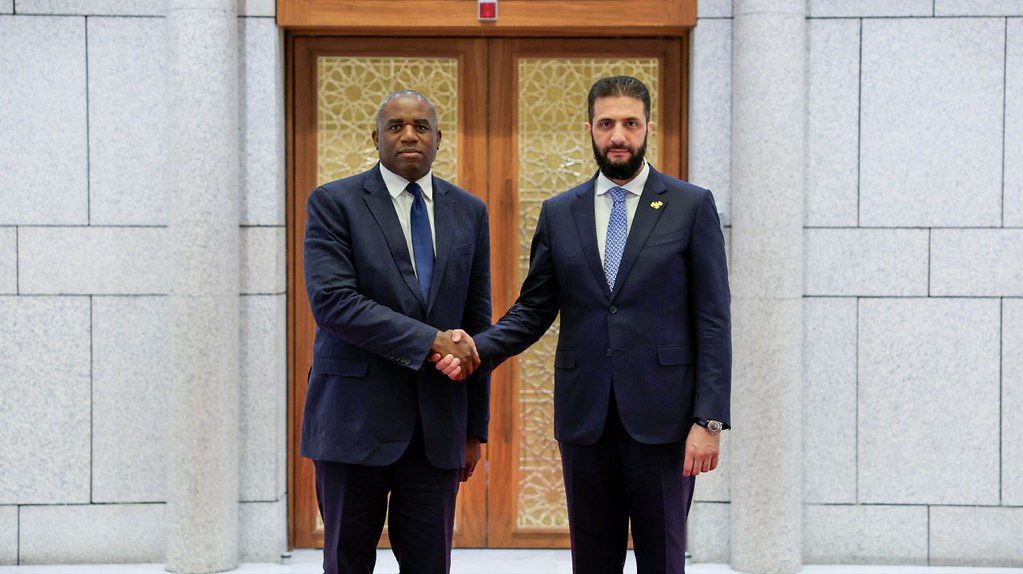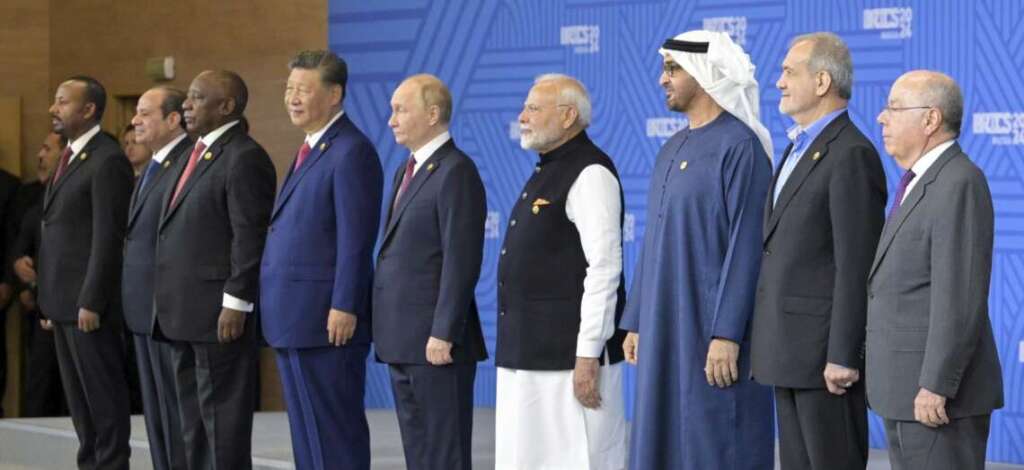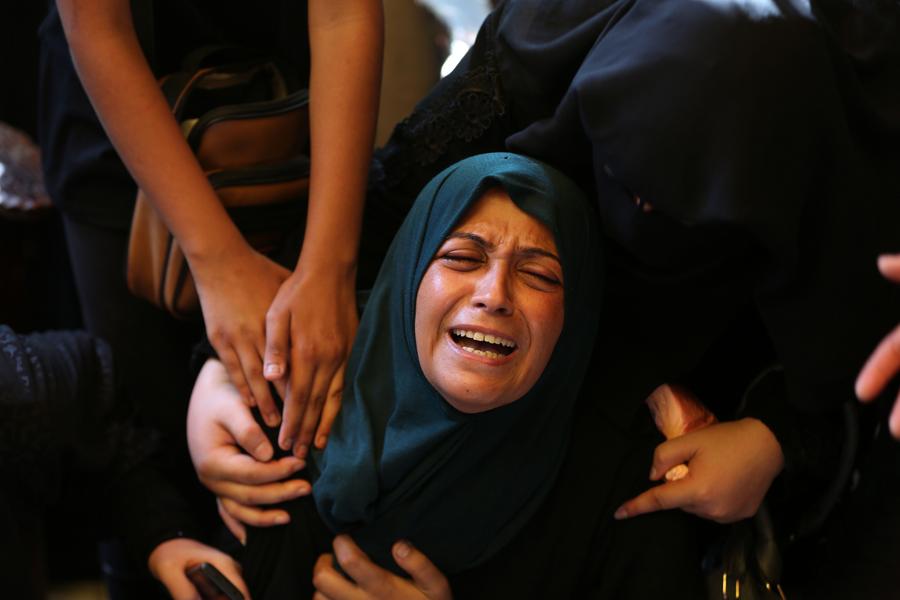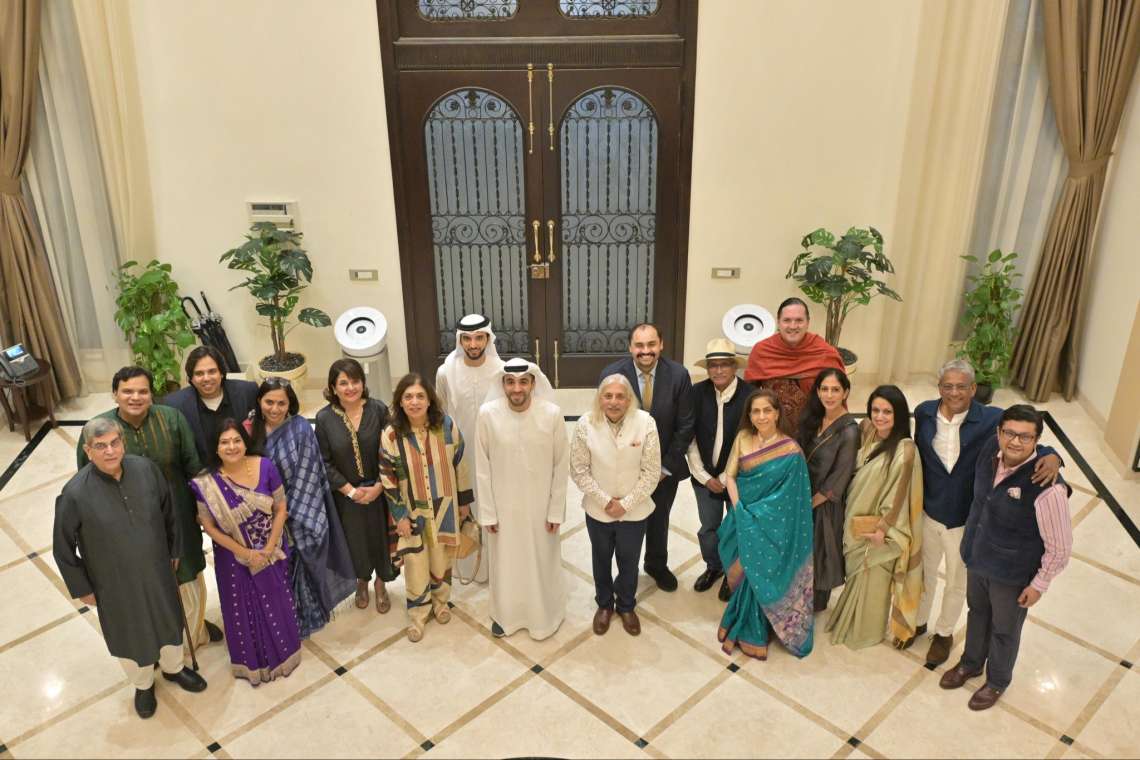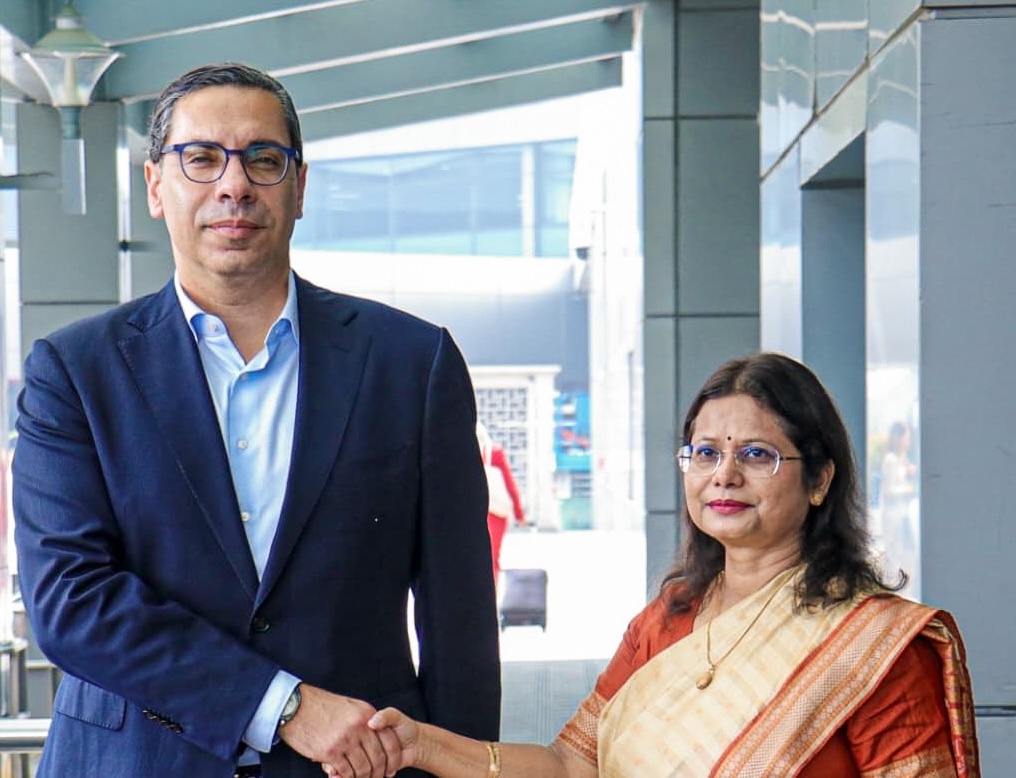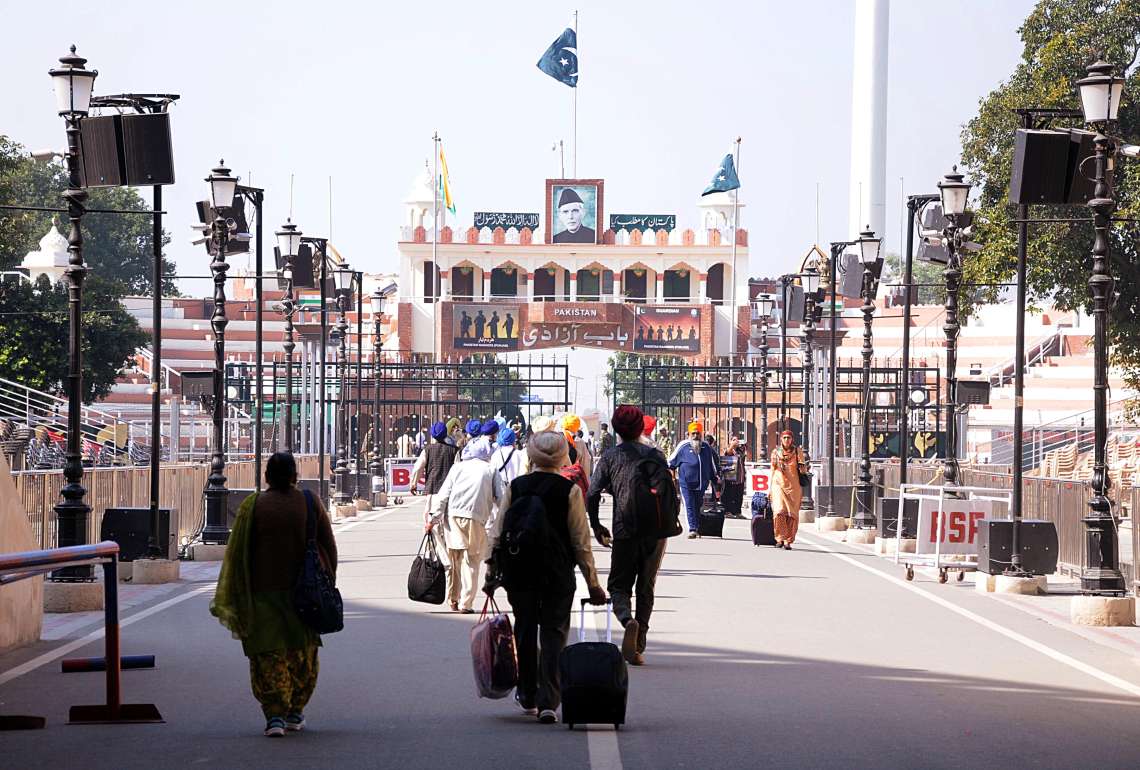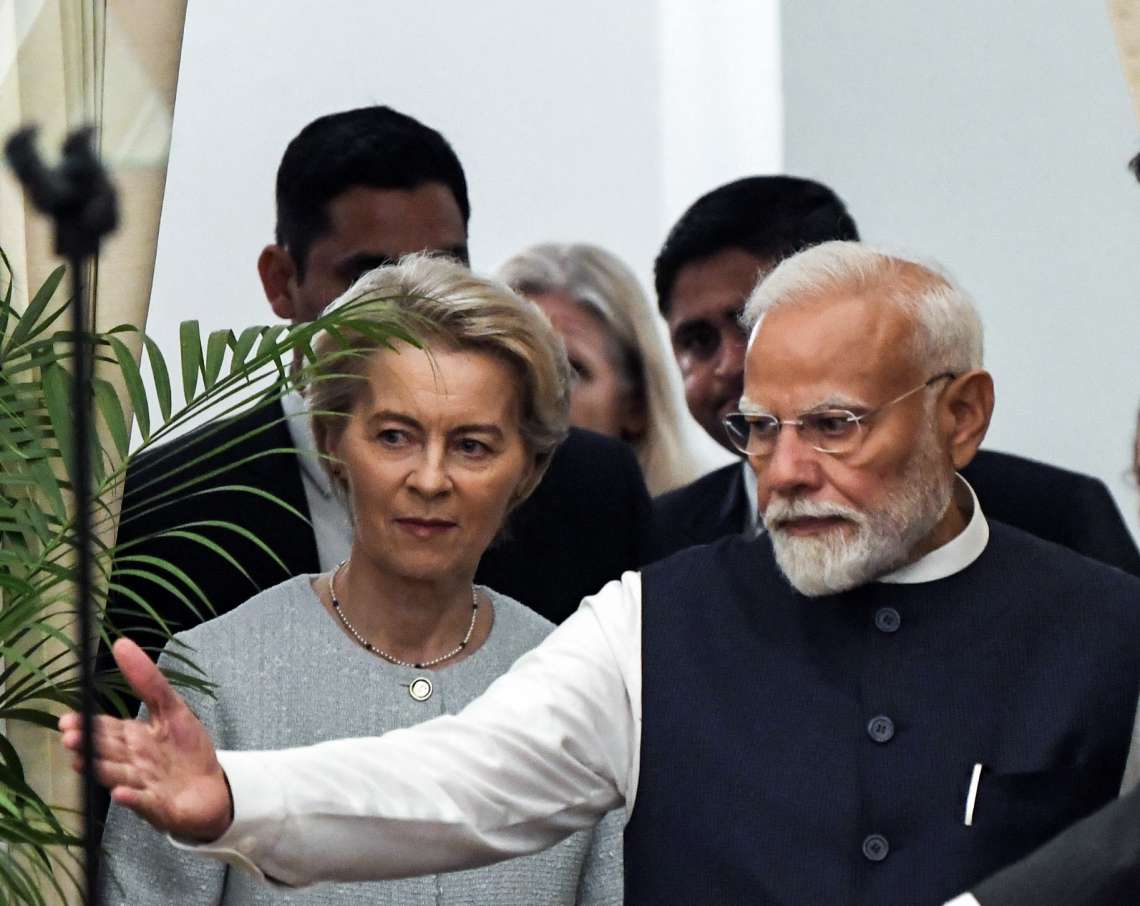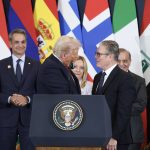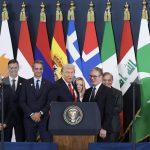Alongside the visit by Lammy, the government announced an additional £94.5m support package to cover humanitarian aid and support longer-term recovery within Syria and countries helping Syrian refugees
Foreign Secretary David Lammy has become the first UK minister to visit Syria since the uprising that led to the country’s civil war began 14 years ago. Lammy met Syria’s interim president Ahmad al-Sharaa eight months after the collapse of the Assad regime and as the new Islamic-led government continues to establish control within the country.
Alongside the visit, the UK government announced an additional £94.5m support package to cover humanitarian aid and support longer-term recovery within Syria and countries helping Syrian refugees. Lammy said the purpose of his meeting was to promote inclusivity, transparency and accountability with the new government.
“I’m here to speak to this new government, to urge them to continue to be inclusive, to ensure that there’s transparency and accountability in the way that they govern,” he said. “But [also] to stand by the Syrian people and Syria as it makes this peaceful transition over the coming months.”
Syria is in a fragile situation with a new Islamic-led government in charge. In December, rebels led by Hayat Tahrir al-Sham, a group which has been proscribed as a terrorist organisation by the UK, UN and US, stormed Damascus, toppling the Assad regime which had ruled the country for 54 years.
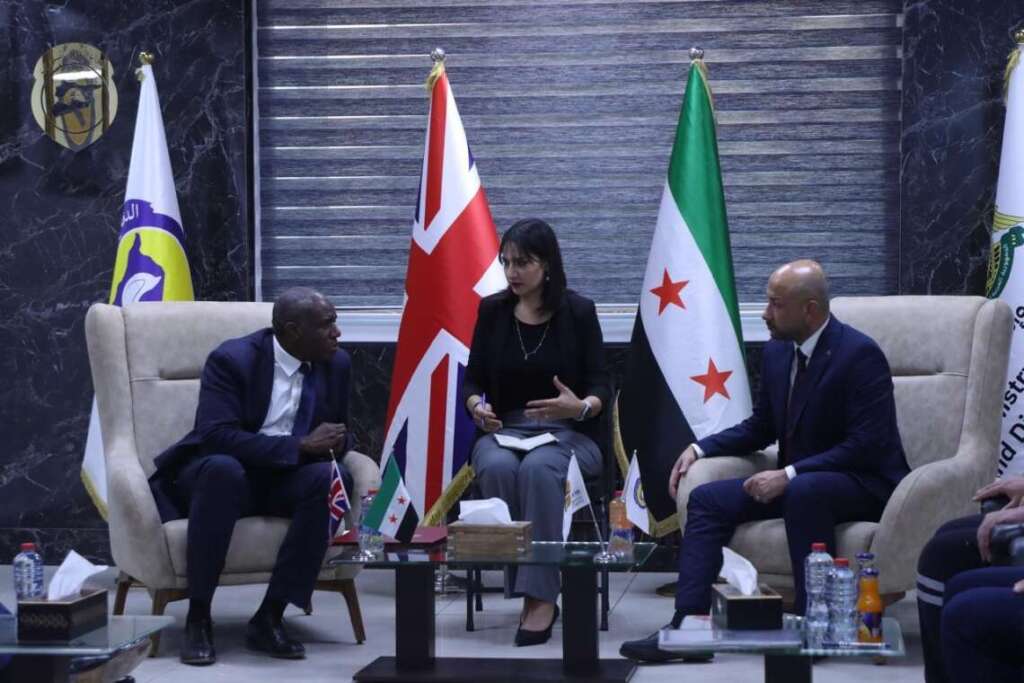
Since then, Western countries have sought to reset relations with the country. At the end of June, US President Donald Trump signed an executive order ending sanctions against the country.
The White House said at the time it would monitor the new Syrian government’s actions including by “addressing foreign terrorists” and “banning Palestinian terrorist groups”. The UK has also lifted sanctions.
Al-Sharaa met French President Emmanuel Macron in Paris in May while other foreign officials, including Ukraine’s foreign minister, have visited Syria. Many members of Syria’s new government, including the interim president, were members of Hayat Tahrir al-Sham.
Asked how the government deals with a group it had listed on the proscribed terror group as a pseudonym for al-Qaeda, Lammy said he recognised the country has a bloody recent history associated with terrorism and war, but said the UK is looking “to the future” and engaging with the new government. Various violent attacks against minority groups have been committed in Syria in recent months.
Hundreds have been killed from the Alawite minority, there were violent attacks on the Druze community, and recently a brutal attack on peaceful worshippers inside a church in Damascus. Internationally, these attacks have prompted concern about how much Syria’s new government can protect minorities but also provide safety and stability.
Almost every day, there are reported cases of killing or kidnapping. Lammy said: “It’s important that the UK lean in to ensure that the balance is tipped in the right direction, a balance towards accountability, transparency, inclusivity for all of the communities that make up this country, a prosperous one and a peaceful one.”
Within Syria, many people are worried the government is slipping towards a new form of dictatorship. There are restrictions on social freedoms, the role of women is being marginalised in the government, and there is more and more enforcement of Islamic practices rather than a clear governance based on civic codes representing the whole society.
In these early days of the government there are also fears around how it is being formed. Only one female minister has been appointed and al-Sharaa has made almost every other appointment – with no election, referendum or opinion polls.
Many appointments in the government are reported to be based on connections rather than qualifications, and most of those in charge have a radical Islamic agenda and are enforcing it. Lammy said the UK wants Syria to “move in the direction of peace, of prosperity, of stability for the people and an inclusive country” and will use humanitarian aid to help that.
He added the UK would monitor the situation to ensure the new government ruled the population in an inclusive manner. The UK government is also supporting the Organisation of the Prohibition of Chemical Weapons (OPCW) to help dismantle Assad’s chemical weapons in Syria.
A further £2m was committed to the organisation this financial year in addition to around £837,000 provided since the fall of Assad. There are many challenges ahead of Syria – both internally and in the region.
Israel has invaded parts of Syria and carried out hundreds of air strikes, and continues to hold hundreds of square kilometres inside Syrian territory. Lammy said he “urged the Israeli government to think again about some of their actions” to avoid undermining “the progress that could be made in this new Syria”.
Hundreds of foreign fighters and their families have been held in detention camps in north-west Syria for years, including dozens from the UK. Asked whether the UK was going to take them back home, Lammy did not give a clear answer.
He said he had discussed the issue of camps with Syria’s president, as well as how to help the country deal with counterterrorism and irregular migration. The situation in Syria remains precarious, and its security is at risk with threats from the Daesh group and radical jihadist fighters who have joined the government. While international support will certainly help the war-torn country recover, it could also help pressure the government to be a representative of a diverse and open society.

